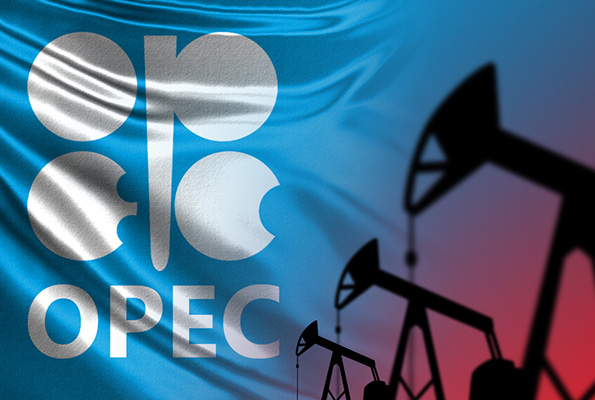Amid a slowing economy and a G7-imposed price cap on Russian oil, ministers from OPEC+ agreed to stick to the bloc’s policy of scaled-back oil production.
OPEC+ (consisting of OPEC and its allies, including Russia) announced in October that it would reduce output to 2 million barrels per day (BPD), around 2% of global demand.
The Joe Biden administration pointed fingers at Saudi Arabia, the head of OPEC+, for inadvertently supporting Russia as a result of the move.
OPEC+ insisted that the decision was not politically motivated and that it was instead made in reaction to a dimming economic outlook. In the weeks since, slower growth, particularly in China, and rising interest rates have led to a decrease in oil prices.
“In its own words, OPEC’s mission is to ensure an adequate pricing environment for both consumers and producers. Yet the decision to reduce output in the current environment runs counter to this objective,” Stephen Brennock, a senior analyst at PVM Oil Associates in London, said in a research note.
The main ministers of the group will meet on February 1, 2023, to form a monitoring committee. A full meeting is scheduled for early June.
The declaration follows an agreement agreed by the European Union to cap Russian marine oil at USD 60 per barrel in an effort to control the price of oil globally.
According to the deal, Russian oil that is sold for less than USD 60 per barrel cannot be insured, financed, or shipped by Western corporations.
The Kremlin rejected the European Union’s proposal and warned that Europe would need to “live without Russian oil.”
“Moscow has already made it clear that it will not supply oil to those countries who support an anti-market price cap,” Mikhail Ulyanov, Russia’s permanent representative to International Organizations in Vienna said in a tweet.
The Group of Seven (G7) countries and Australia recently agreed on a USD 60-a-barrel price cap on seaborne Russian oil, a move which is aimed at punishing Moscow for its military operations in Ukraine. The price cap came into effect on December 5.



